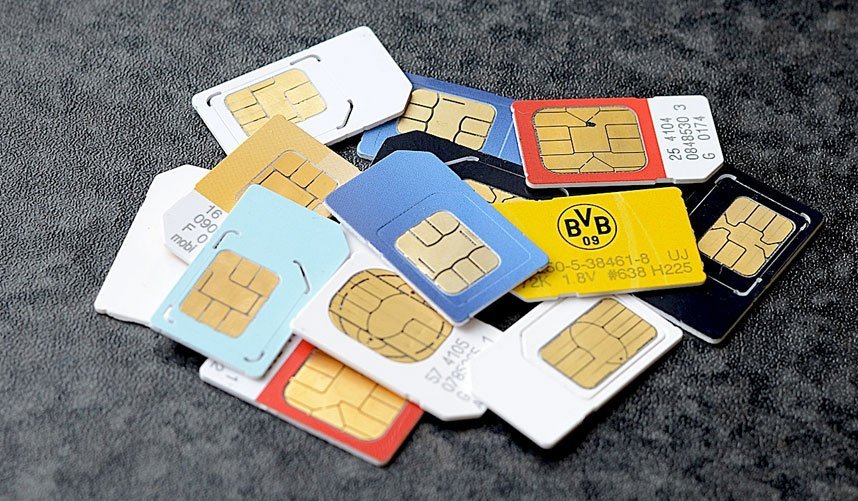One of the most predominant frauds today is Interconnect Bypass Fraud or Simbox fraud as it costs the industry billions and billions of money. Calls made via the internet are sent to Simboxes (machines that house SIM cards) which redirect this illegal VoIP traffic onto mobile networks. Fraudsters effectively bypass the interconnect toll charging points to exploit the difference between the high interconnect rates and the low retail price for on-network calls, thus avoiding payment of the official call termination fee of an Operator and MVNOs.
The surge and persistence are two unavoidable reasons for this kind of fraud. The first one is the subscriber churn rate between Operators in the market. The telecommunications industry operates in a low customer loyalty environment. Fraudsters usually take advantage of cheap packages including bundled offers, which earn lower per-minute revenue to the operator than the interconnect rate they can earn from the international carriers. Due to this highly competitive market and the low customer loyalty phenomenon, the cost of all-inclusive bundles is driven down. And disposing of bundle offers and cheap packages is not an option.
The second one is the use of pre-paid SIM cards which is most commonly used by fraudsters, their ownership and address are much harder to trace compared to the easily traceable post-paid SIMs. The problem is particularly serious in countries where the incoming international traffic rates are high and controls are lax in terms of availability of SIMs and law enforcement.
Recently the approach of using broadband links has become more and more popular as Simboxes are widely available. Estimating the size of this grey market can be difficult as it depends on a number of elements and varies from country to country.
Fraudsters are smart, technology aware and know how to outfox local operators. Experts at masking themselves, they host their equipment where their calls can reach multiple cell sites and get widely dispersed and they send out artificial SMS messages or accept a few incoming calls. They have even been known to use moving vehicles to mask their true intent.
The extent of revenue loss to interconnect bypass or simbox activity is still largely unknown to many operators and MVNOs. Not only does it have a direct impact on the operators’ or MVNOs’ bottom line, but is also responsible for traffic disruption on networks, causing indirect financial damage. Simboxes do not allow the delivery of the Calling Line Identity (CLI). Therefore, legitimate customers, being called via simboxes, may complain about the unavailability of services they would otherwise expect to be able to use. The quality of service also suffers due to network congestion on the call, the bad quality due to traffic and the excessive number of dropped calls. Finally, inbound roamers may experience problems in receiving calls if simboxes try to bypass calls to routing numbers (MSRN) used to terminate calls to inbound roamers.

